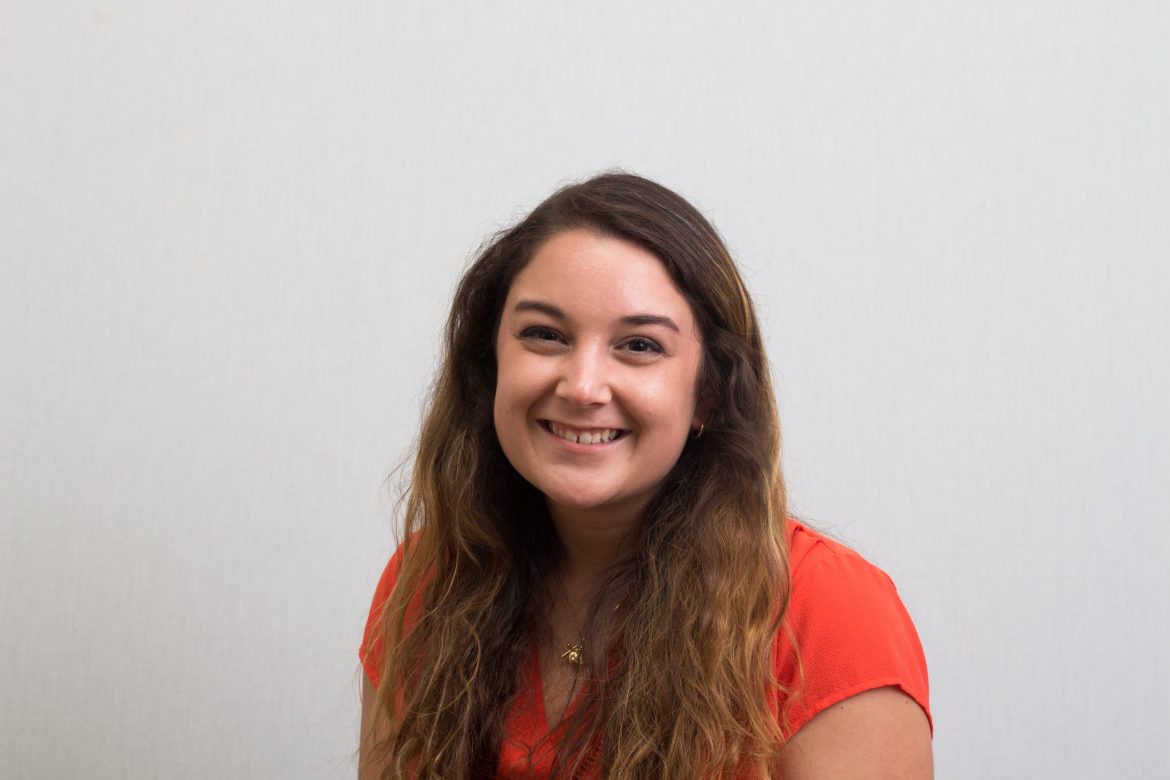John Dau was just 16 years old when he was separated from his family. His Southern Sudanese Christian village was attacked by Northern Sudanese Arab soldiers. The militias beat him and left him to die. Dau spent the next nine years fighting to live, running from the Arab army until finding refuge in Kenya.
Dau described his experience as a Sudanese refugee during the Second Sudanese Civil War in a TEDx Talk. He recalled children — many of whom could not swim — diving into a river to avoid soldiers’ bullets. Some were captured, some drowned and some were eaten by crocodiles. They fled from soldiers who killed their families, burned their homes and enslaved children. Refugees spent months walking, usually barefoot, to find refuge in Ethiopia and Kenya. They lived off wild berries and, if they were lucky, animals.
Dau was one of the small fraction who made it to the Kakuma Refugee Camp in Kenya. He emigrated to the U.S. in 2001 as one of the nearly 4,000 Sudanese refugees who were welcomed into the U.S. because of ongoing civil war and genocide in Sudan. These refugees were nicknamed the Lost Boys.
They had lost their families, friends and homes, and now, they were lost in a culture completely different from their own. As adults, they first learned what it meant to have running water, electricity and a bed complete with pillows and blankets. They were taught how to shop in supermarkets, use public transportation and cook with kitchen appliances.
According to the Pew Research Center, more than 3 million refugees have settled in the U.S. since the Refugee Act of 1980, which created the Federal Refugee Resettlement Program to provide effective resettlement of refugees in the U.S. However, President Donald Trump plans to lower the number of refugees allowed into the country.
On Tuesday, Sept. 12, the Supreme Court granted a request by the Trump Administration to continue barring refugees from Sudan, Somalia, Libya, Syria, Iran and Yemen unless they have a “bona fide,” or genuine relationship with the U.S., including family connections, job offers or enrollment in a university.
Three of these countries — Yemen, Somalia, South Sudan and Kenya — are facing or are at risk of famine, according to the United Nations. In March, a UN official urged the international community to take action to save approximately 20 million people who are at risk of “starving to death” among the four countries. Dau was one of these people.
South Sudan became the world’s newest country after splitting from Sudan in 2011. It was meant to end the civil war between the Arabs in the North and the black Christians in the South. However, two years later, the two countries reignited conflict. They have been at war since 2013, though fighting goes back to post British colonial rule. To date, the Sudanese refugee camp in the bordering country of Uganda is the largest refugee camp in the world, according to NPR.
The Pew Research Center states the estimated U.S. fiscal year ceiling will be 50,000 for 2017, less than half of the 110,000 previously welcomed to the country, with limits specifically for Syrian refugees. With a decrease in foreign humanitarian aid and closing borders, the U.S. is becoming more egocentric and less altruistic.
Dau did not have job offers, university enrollment or family in the U.S.; But he was granted the opportunity of life, and he took it, as any person would. He earned a degree from Syracuse University and is president of the Dau Foundation, which provides healthcare to South Sudan.
Thankfully, for the Lost Boys, the U.S. offered safety, opportunity and hope. Today, fewer people will be given the chance to live, to thrive and to help make the world a better place.
Savanna DiStefano is the editor-in-chief for The Bison. She may be contacted at sdistefano@harding.edu.
Twitter: vanna_distefano
